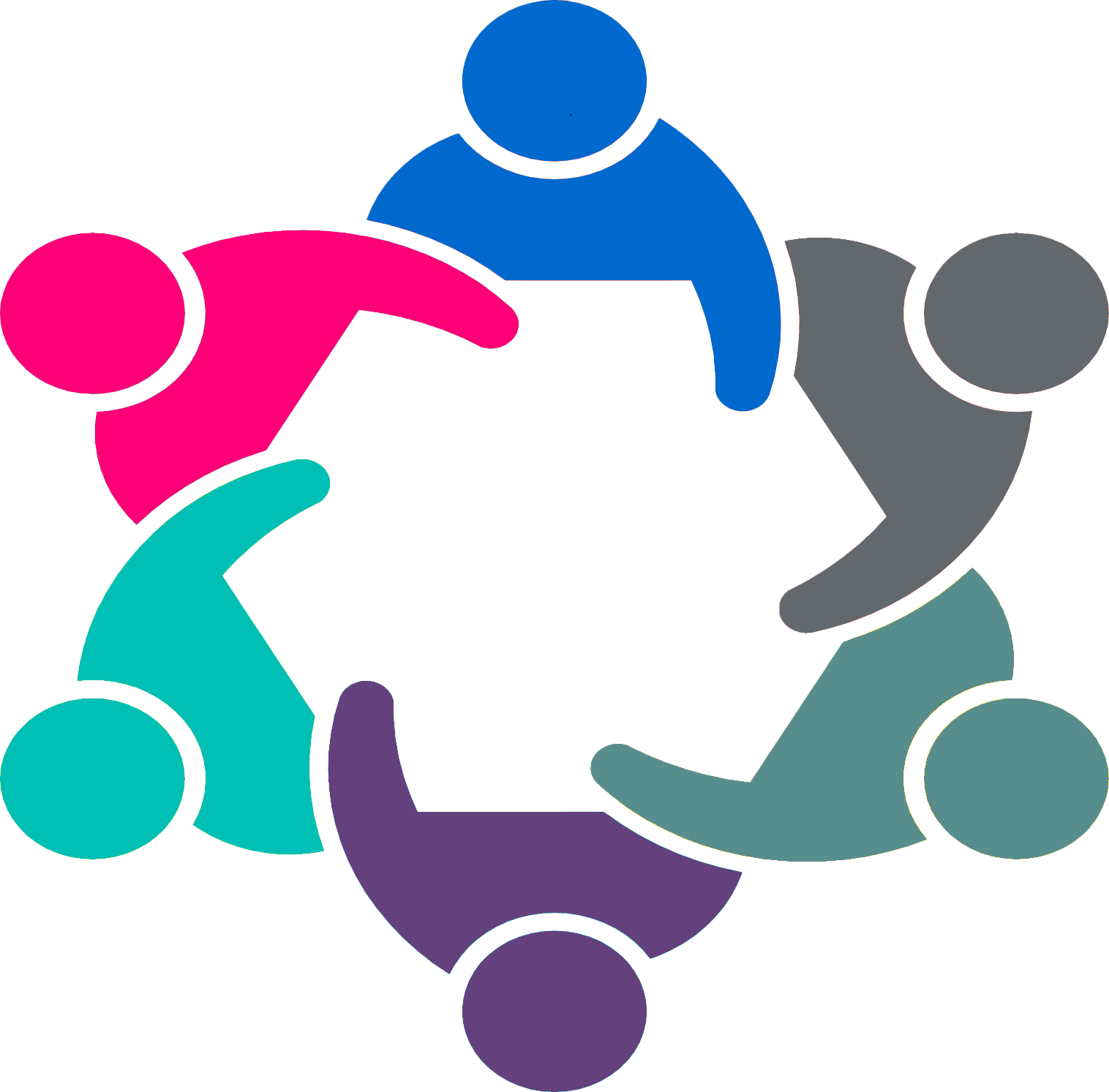Camden Resilience Network
Merging seven VCSE contracts into one alliance model has helped us to move away for that transactional relationship into more partnership working. Now the conversation is more about ‘where can we find the funding, what can we do differently and how we can prioritise?’.
Debra Holt, Assistant Director Integrated Commissioning Mental Health & Learning Disabilities, London Borough of Camden
About the partnership
- The Resilience Network is a partnership of voluntary mental health organisations, Camden and Islington Foundation Trust (C&I), Tavistock and Portman NHS Foundation Trust, Commissioners and service users.
- A number of voluntary organisations are contracted through an alliance contract.
- The purpose of the Resilience Network is to provide a network of services that support people in their community to achieve key resilience outcomes. This helps people address and manage mental health needs themselves, access the right support at the right time and take part in community life.
- The Resilience Network started in 2018 and developed organically into the service available today.
What has gone well
- Increased investment in mental health services and recognition of the role of voluntary organisations and value for local communities during the global COVID-19 crisis.
- Creating a service and a network that delivers joined-up, community focussed and person-centred care to those living with mental ill health in Camden.
Challenges experiences and overcome
- Gaining trust from each other and removing competitiveness.
- Funding challenges – there is never enough funding to do what you would like.
- Increase in demand for services.
Results
- 485 total referrals.
- Average score increase of 2.6 in the Short Warwick-Edinburgh Mental Wellbeing Survey.
- 77% of people found their initial support offer either very or extremely useful and 88% of people felt either very or mostly heard and understood by the service.
- One hospital admission from a sample of 77 – a reduction of 93%.
- 37% education in number of contacts with Secondary Care teams, including a 68% reduction with Mental Health A&E Liaison teams and a 45% reduction with the Crisis Team.
What made the difference
- Organic: The network developed from a vision to joint things up better, reduce duplication and have a shared outcomes framework.
- Established partnership board: this has been running for four years and includes stakeholders from across the system.
- Money seen as a collective pot in the Alliance: this allows partners to have productive conversations of where funding is most needed and finding solutions as equal partners.
- Changes in structures of NHS.
Want to hear more?
Contact: Debra Holt, Assistant Director Integrated Commissioning Mental Health & Learning Disabilities, London Borough of Camden
debra.holt@camden.gov.uk
Do you have an update for this case study?
Use the form below to let us know what changes you’d like to make.
